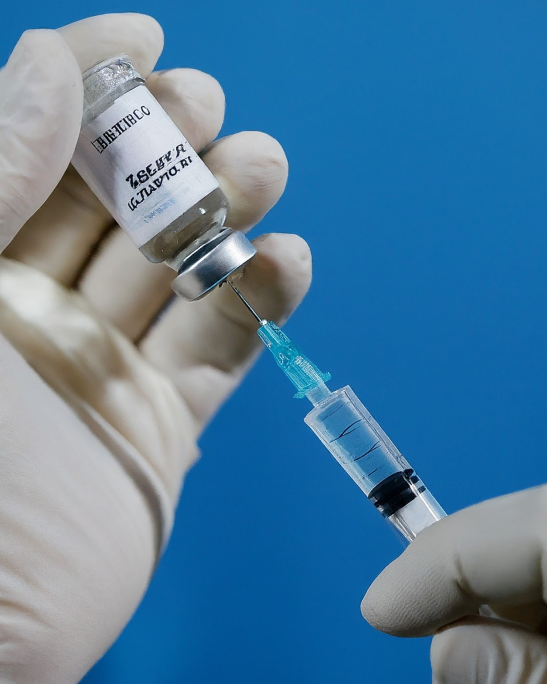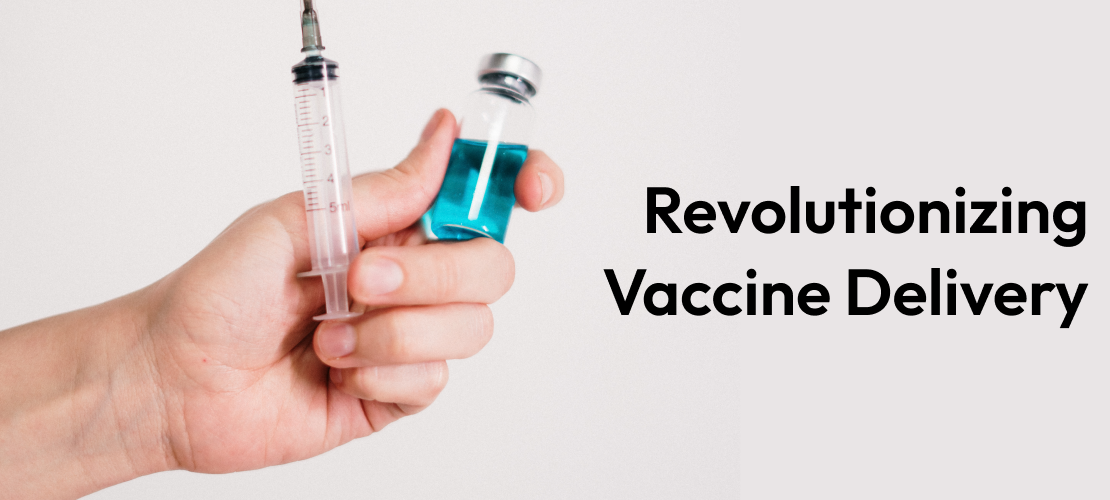The ongoing battle against the COVID-19 pandemic is witnessing a paradigm shift with the introduction of intranasal vaccines. These vaccines represent a groundbreaking development in the field of immunization, offering a new method of vaccine delivery that could revolutionize our approach to combating viral infections. Unlike traditional vaccines, which are administered via injection, intranasal vaccines are sprayed into the nose, directly targeting the primary site of viral entry in the respiratory tract. This method could potentially offer more effective protection against respiratory viruses like SARS-CoV-2, the virus responsible for COVID-19. The development of intranasal vaccines aligns with the continuous evolution of vaccine technology, aiming to enhance efficacy, convenience, and public acceptance. This innovation holds promise not just for COVID-19 but also for future respiratory diseases, potentially transforming the landscape of vaccine administration globally.
The Science Behind Intranasal Vaccination
Intranasal vaccines
work by stimulating the immune response at the site of virus entry, the
nasal mucosa. This is significant because the nasal mucosa is a major entry point for
respiratory viruses, including SARS-CoV-2. By targeting this entry point, intranasal vaccines
can potentially stop the virus right at the doorstep, preventing it from invading the body and
causing illness. These vaccines are designed to activate the mucosal immune system, which is
somewhat separate from the body's systemic immune system. The mucosal immune response involves a
different set of immune cells and antibodies, predominantly Immunoglobulin A (IgA), which are
specialized in protecting the mucosal surfaces of the body. By stimulating these mucosal
defenses, intranasal vaccines aim to provide robust and localized immunity. This approach can be
particularly effective in preventing the spread and transmission of respiratory viruses, as it
not only protects the vaccinated individual but also reduces the likelihood of them passing the
virus on to others.
Advantages Over Traditional Vaccines
Intranasal vaccines
offer several significant advantages over their injectable counterparts.
Firstly, they are non-invasive and needle-free, which can greatly reduce vaccine hesitancy
associated with needle phobia. This ease of administration also makes self-vaccination a
possibility, potentially increasing vaccination coverage and compliance. Additionally,
intranasal vaccines can provide targeted immunity at the site of infection, which is crucial for
respiratory pathogens. This targeted response can result in a more effective barrier against
infection and transmission. Moreover, the mucosal immune response induced by these vaccines can
be broader and more diverse, potentially offering protection against a wider range of virus
strains and variants. These benefits make intranasal vaccines an attractive option for future
pandemic preparedness and routine vaccination programs against respiratory viruses.





